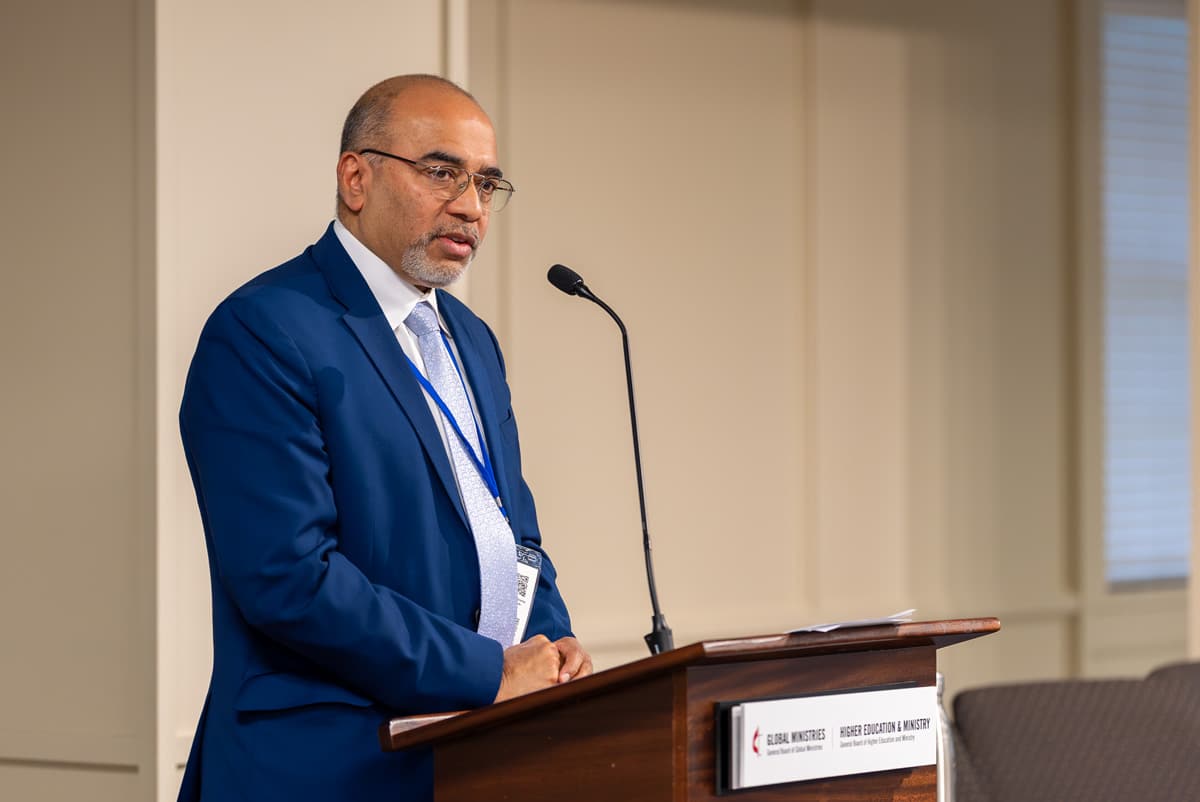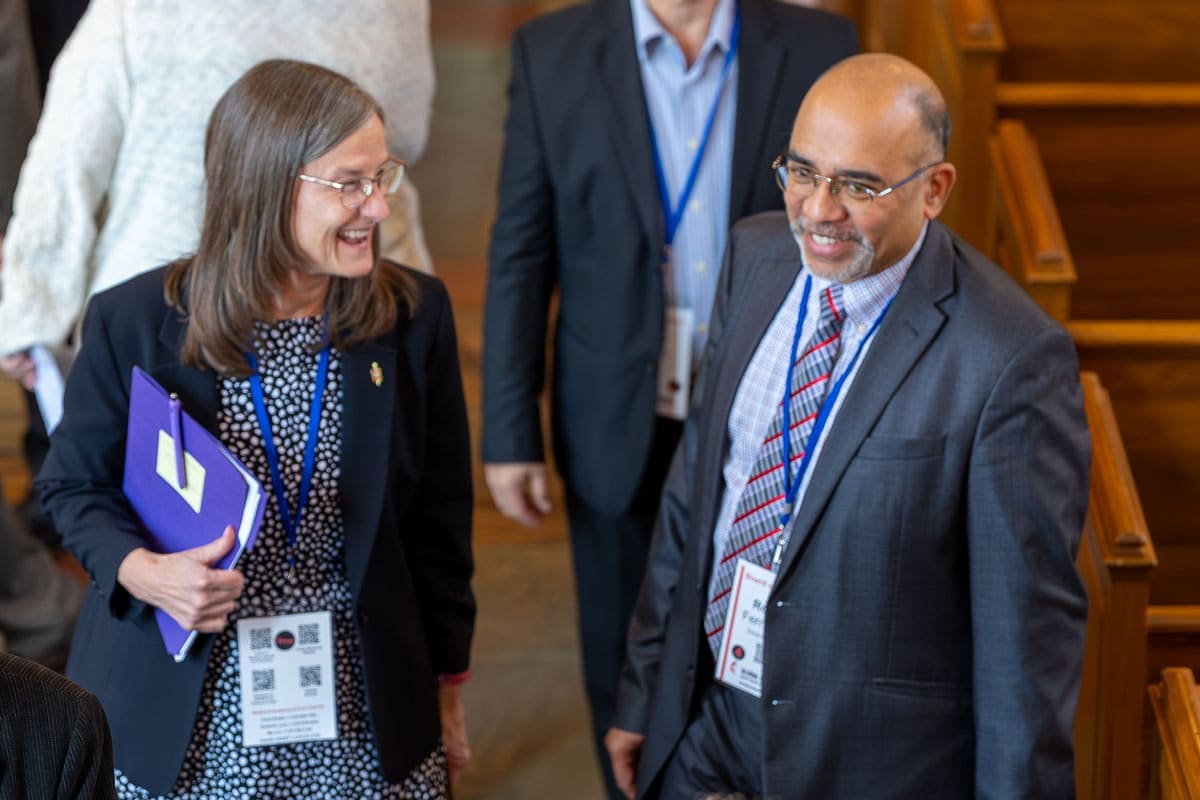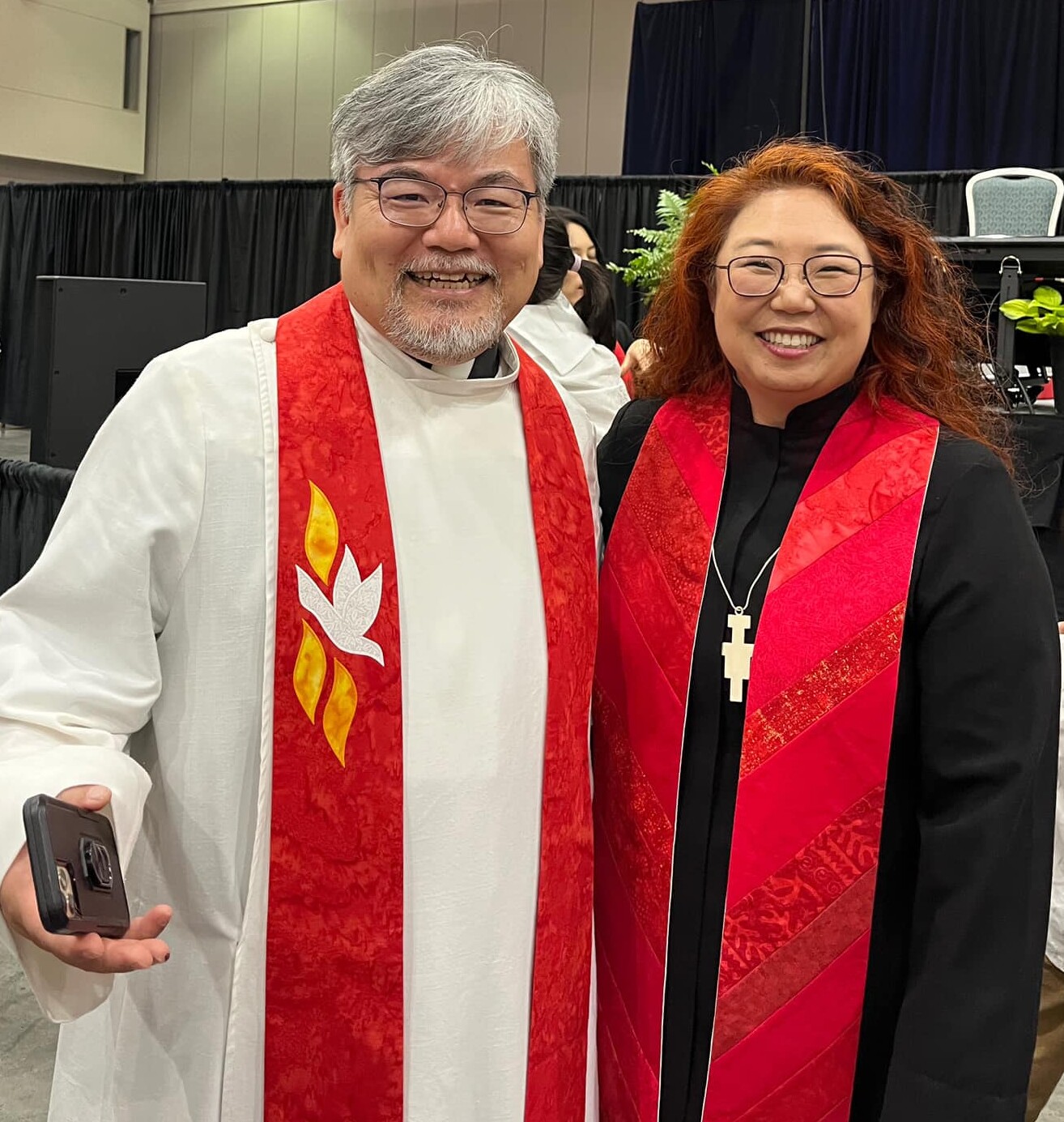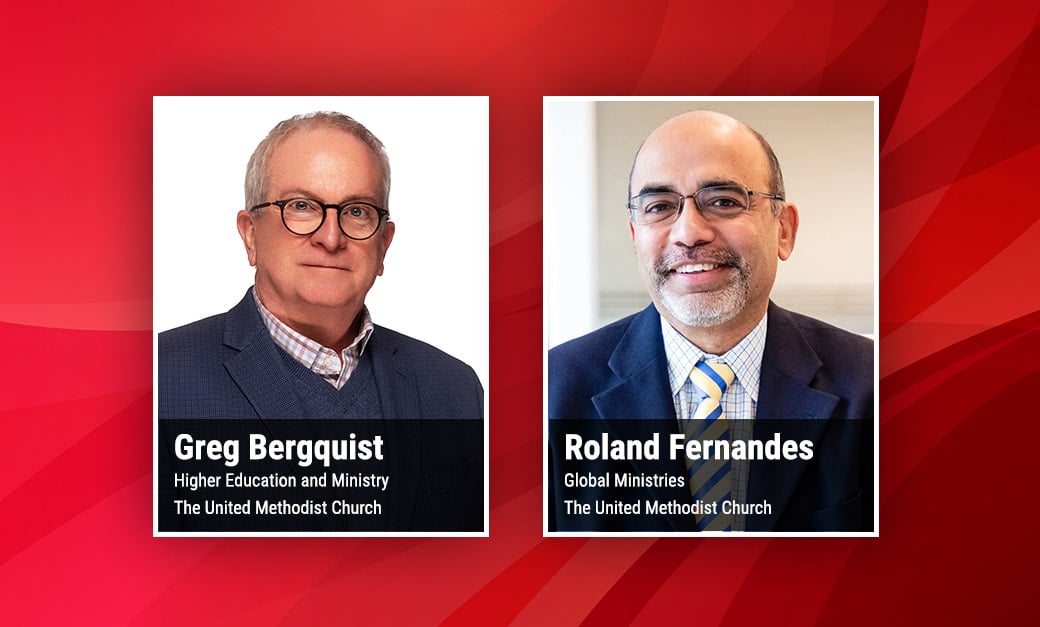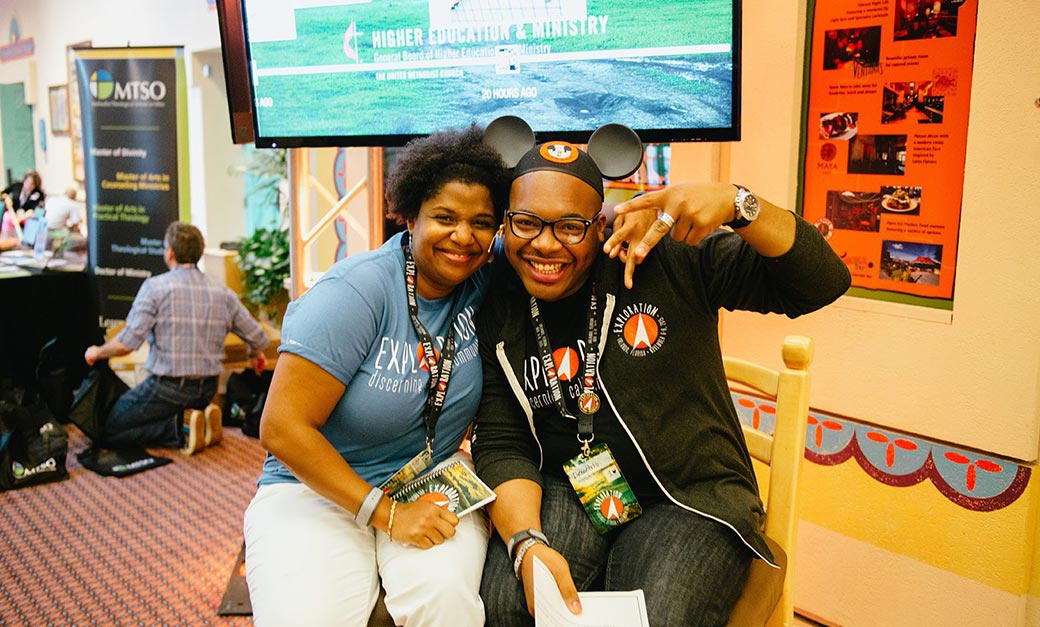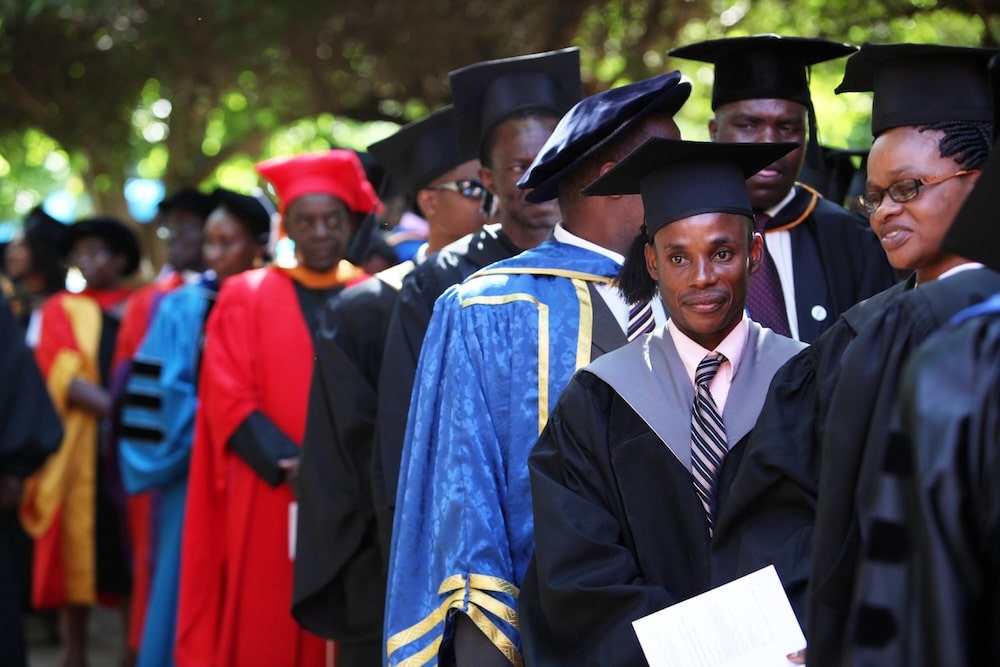African Senate of Methodist Education Officially Established with Elected Leadership
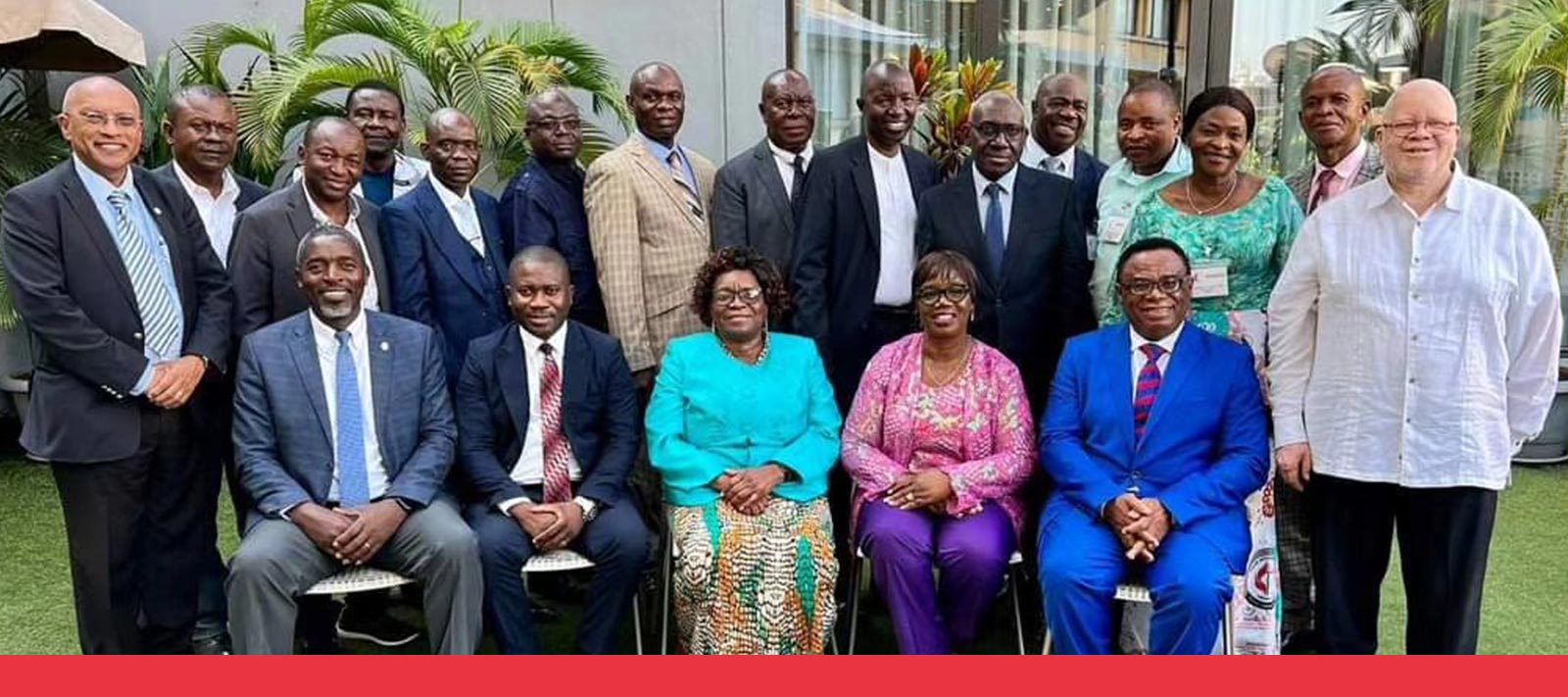
The African Association of Methodist Institutions of Higher Education (AAMIHE) and the African Association of United Methodist Theological Institutions (AAUMTI) made history in late October 2023 by electing Methodist educational leaders to serve on the newly established African Senate for Methodist Education (ASME). The nominations took place during the “Methodist Education Transforming Lives in Africa” joint conference in Kinshasa, Congo.
Over 100 leaders involved in higher and theological education attended the gathering, including Methodist leaders from the General Board of Higher Education and Ministry (GBHEM) and the General Board of Global Ministries (GBGM).
The ASME, created by the AAUMTI and the AMMIHE, is an elected body of professional educators involved in primary and secondary education, higher education, and theological education in the Wesleyan and Methodist traditions.
The primary function of the Senate will involve evaluating and supporting the development of Methodist education in a Pan-African perspective, providing guidelines for Methodist institutions in Africa based on church principles, developing standard procedures, and conducting peer-review processes.
Members are elected through the AAMIHE, AAUMTI, and GBHEM, with the support of other funding or sponsoring agencies related, affiliated, and associated with The United Methodist Church and other churches in the Wesleyan and Methodist traditions. The elected body includes 9 senators, with 3 members being nominated by AAUMTI, 3 members nominated by AAMIHE, and 3 members nominated by GBHEM. New members will be elected bi-annually.
In 2015, both the AAUMTI and the AMMIHE associations began having discussions surrounding the importance of church-relatedness, accessibility, quality, and sustainability among their institutions, however it wasn’t until 2017 that the African Senate was officially created, and an implementation committee was selected. Both associations continued to meet and discuss contextual ways of implementing the Senate at meetings in Abidjan, Côte d’Ivoire (2017), Johannesburg, South Africa (2018), and Luanda, Angola (2019), however in 2020 meetings were temporarily halted due to the COVID-19 pandemic.
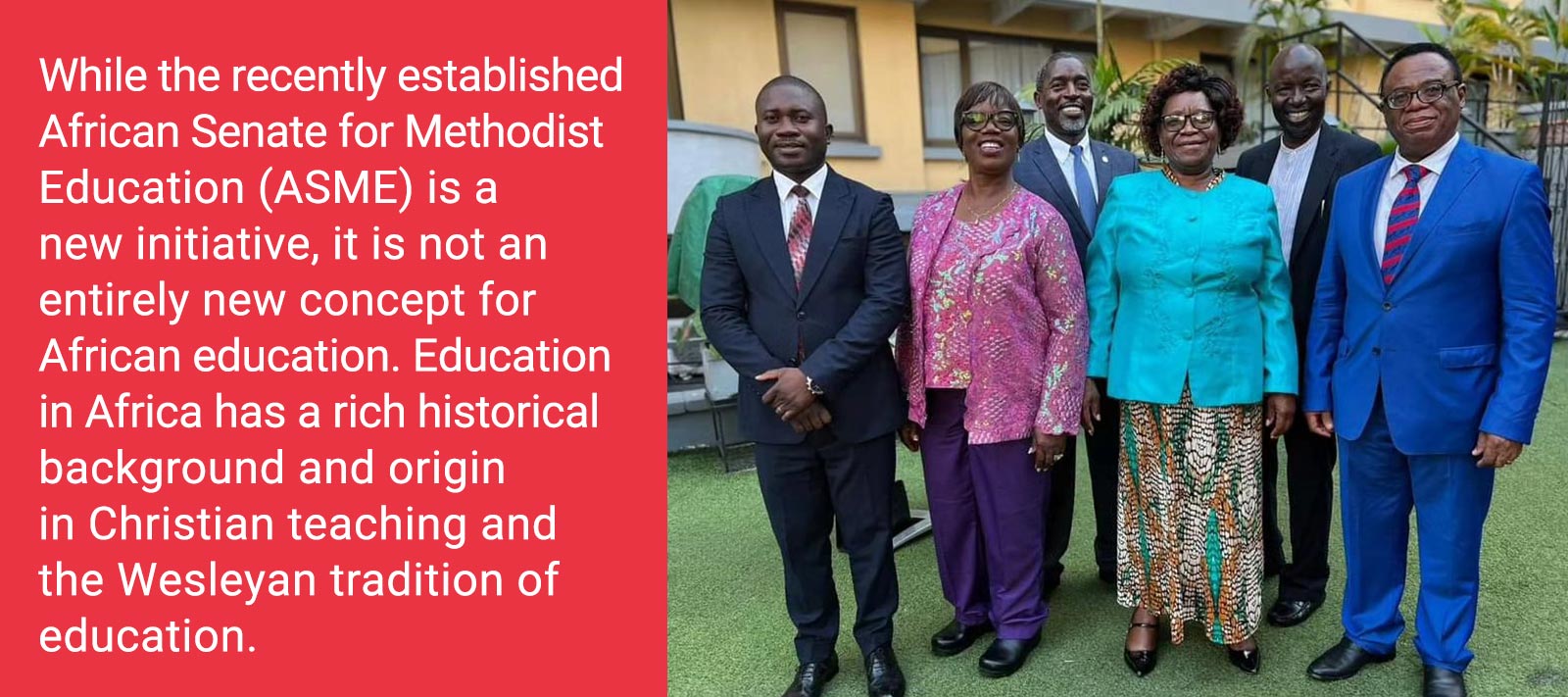
The African Senate for Methodist Education was developed based on the model of the University Senate in the United States, the IAMSCU Self-Assessment Tool, and the Africa University’s Pan-African Quality Assurance and Accreditation Framework (PAQAF). Throughout the African Senate development process, GBHEM has been a collaborative partner, supporting the implementation and advancement of this initiative.
While the recently established African Senate for Methodist Education (ASME) is a new initiative, it is not an entirely new concept for African education. Education in Africa has a rich historical background and origin in Christian teaching and the Wesleyan tradition of education.
Rev. Greg Bergquist, General Secretary of GBHEM described the African Senate as a crucial and historic development necessary to continue to promote, strengthen, and advance Weslyan and Methodist Education worldwide. “Christianity and Methodism are growing in Africa which has led to a growth in the number of United Methodist educational institutions located on the continent.” Said Berquist. “The Africa Senate for Methodist Education will make sure that these institutions enhance their Wesleyan identity, financial health, education quality, and academic freedom.”
In 1992 Africa University (AU) was the first Methodist university on the continent. More than a quarter century later, the growth of Methodist education in Africa mirrors the growth of the United Methodist Church in the region. There are now more than 20 institutions connected through AAMIHE and 30 theological institutions related to AAUMTI.
ASME will help to ensure the education students receive is excellent quality and rooted in the Wesleyan and Methodist traditions. ASME will also promote intercultural connectionalism, making sure that the Pan-African perspective is not isolated but is in dialogue with other expressions of Methodism worldwide.
Related Posts
United Methodist mission and education agencies form new boards of directors. October 15, 2024 | by Elliott Wright NASHVILLE, Tenn. – The general boards of Higher Education and Ministry and Global Ministries affirmed their partnership in mission and ministry during a joint meeting of their boards of directors in Nashville...
Higher Education and Ministry and Global Ministries boards meet in Nashville for organization, orientation and connection. Bishop Sandra Steiner-Ball with Roland Fernandes. The bishop gave the sermon during opening worship for the joint GBHEM and GBGM meeting taking place October 14 - 17 in Nashville, Tenn. Photo: Adam Bowers...
Rev. MiRhang Baek, Virginia Annual Conference, The United Methodist Church, with spouse Rev. TaeWon Kang. Participating in the Clinical Pastoral Education (CPE) program at the General Board of Higher Education and Ministry’s Center for Integrative Pastoral Practice (CIPP) has profoundly transformed my self-awareness, personal growth and ministry as...
